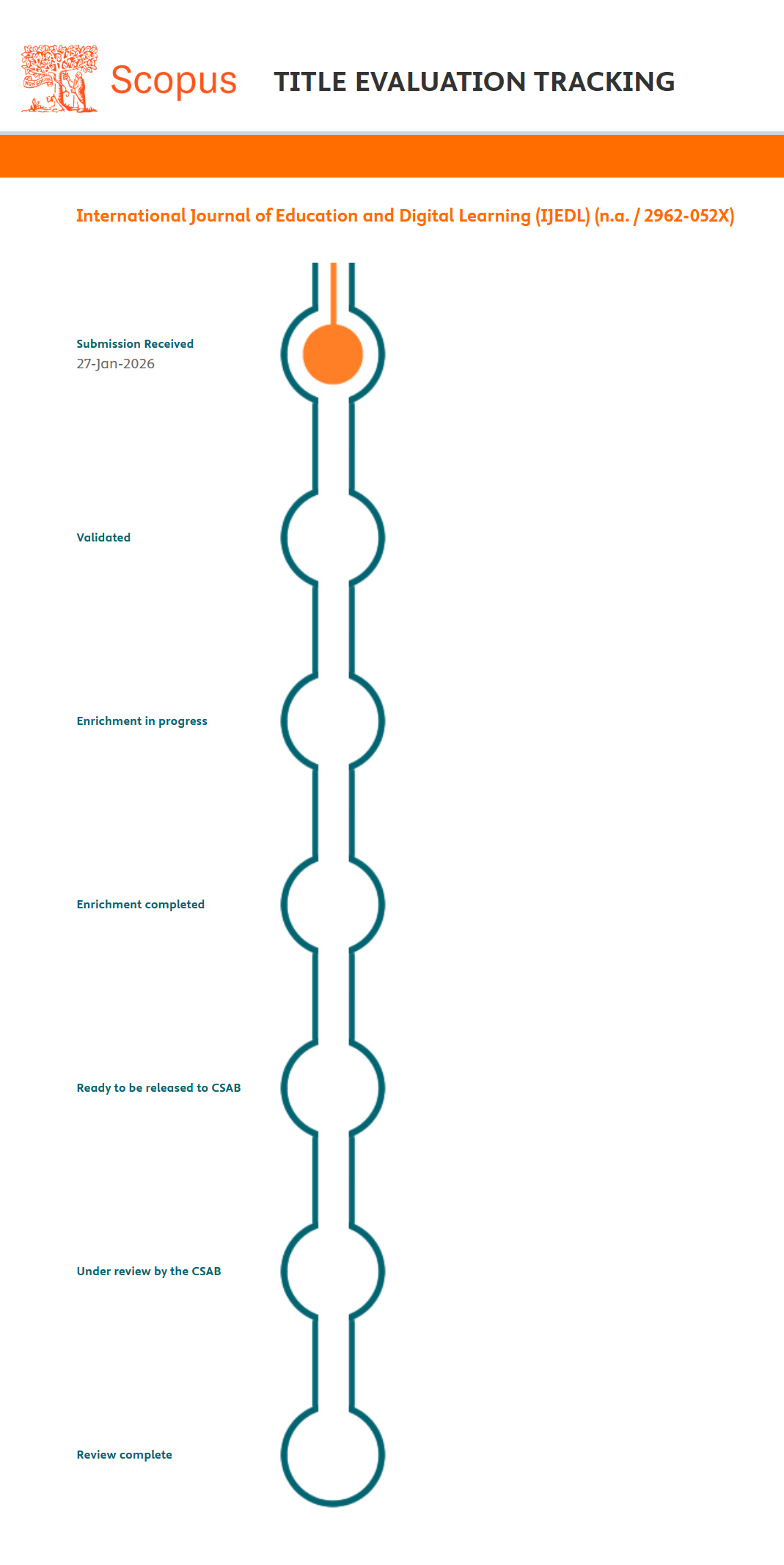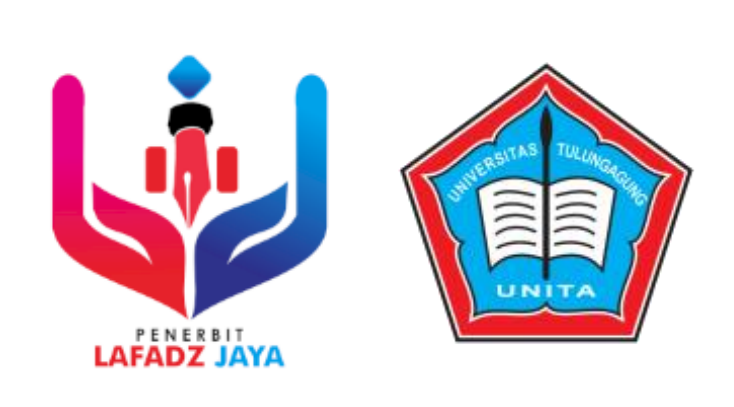Students’ Perception of Project Based Learning in Writing Class
DOI:
https://doi.org/10.47353/ijedl.v1i3.12Keywords:
Project-based learning, writing, students’ perceptionAbstract
The objective of this research was to find out students’ positive perceptions on the use of project-based learning in writing class. The project-based learning focused on the students’ perceptions and the benefits of their writing project. The data were collected through a questionnaire adapted from Unumeri, G.O (2009) and also interviews. The research method used a quantitative approach with descriptive statistic data analysis techniques. The subjects of this research were 60 senior high school students in SMA Qur’an Darul Fattah. The questionnaire results showed that most of the students had positive perceptions on the use of project-based learning. They agree that the material used in project-based learning is clear, interesting, and easy to understand. In addition, the use of project-based learning in learning activities can enhance their motivation and improve their writing skill. Furthermore, students have positive perceptions toward the teacher’s ability in guiding and facilitating them in project-based learning in writing class.
Downloads
References
Chikita, G., Nyoman, N., & Wayan, I. (2013). The effect of project based learning and students’perceived learning discipline toward the writing competency of the eleventh grade students of Sman 5 Mataram in the academic year 2012/2013. Jurnal Pendidikan Bahasa Inggris Indonesia, 1, 1–11.
Dewey, J. (1897). Democracy, art and education. A Penn State Electronic Classics Series Publication. https://doi.org/10.1080/00131725209341529
Foss, P., Carney, N., Mcdonald, K., & Rooks, M. (2007). Project-Based Learning Activities for Short-Term Intensive English Programs. Asian EFL Journal, 23, 1–19. Hovey, K. A., & Ferguson, S. L. (2014). Using project-based learning with exceptional and diverse students. In Curriculum and Teaching Dialogue (Vol. 16, Issue 1/2, pp. 77–90).
Indarti, I. (2016). Implementing Project-Based Learning (PBL) in the Final Collection to Improve the Quality of Fashion Design Student. Innovation of Vocational Technology Education, 12 (1), 22–30. https://doi.org/10.17509/invotec.v12i1.4500
Kalabzová, M. (2015). The Application Of Project Based Learning In The English Classrooms. (Doctoral Dissertation, The University of West Bohemia Faculty of Education Department of English Thesis).
Tarigan, Henry Guntur.1981. Berbicara Sebagai Suatu Keterampilan Berbahasa. Bandung. Angkasa.
Tama, N. B., Probosari, R. M., Widoretno, S., & Indriyati, I. (2016). Project Based Learning to Improve Written Argumentation Skill of Tenth Graders. Bioedukasi: Jurnal Pendidikan Biologi, 9(2), 67. https://doi.org/10.20961/bioedukasi-uns.v9i2.4224
Tsiplakides, I., & Fragoulis, I. (2009). Project-based learning in the teaching of English as a foreign language in Greek primary schools: from theory to practice. English Language Teaching, 2(3), 113–119. https://doi.org/10.5539/elt.v2n3p113
Unumeri, G.O. (2009). Perception and conflict. Lagos: National Open University of Nigeria.
Yin, R. K. (2003). Case Study Research: Designs and Methods (3rd Ed.). California: Sage Publication Inc.
Zheng, J. (2017). Teaching Business Translation – A Project-based Approach. 21(Icmesd), 178-183.
Zulkarnaini. (2011). Model Kooperatif Tipe Think Talk Write(TTW) untuk Meningkatkan Kemampuan Menulis Karangan Deskripsi dan Berpikir Kritis. Jurnal.Upi.Edu, 11(2), 144–153. Retrieved from http://jurnal.upi.edu/view/676.pdf
Downloads
Published
How to Cite
Issue
Section
License
Copyright (c) 2023 Nurul Fadhillah, Sudjarwo, Dwiyana Habsari

This work is licensed under a Creative Commons Attribution-ShareAlike 4.0 International License.












